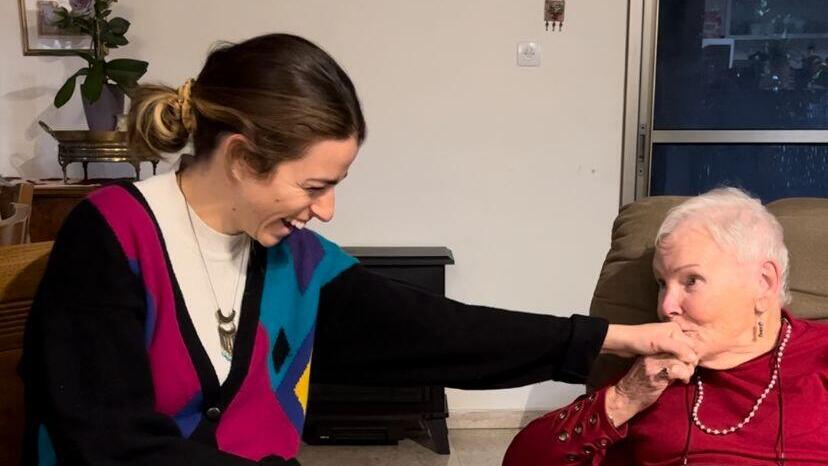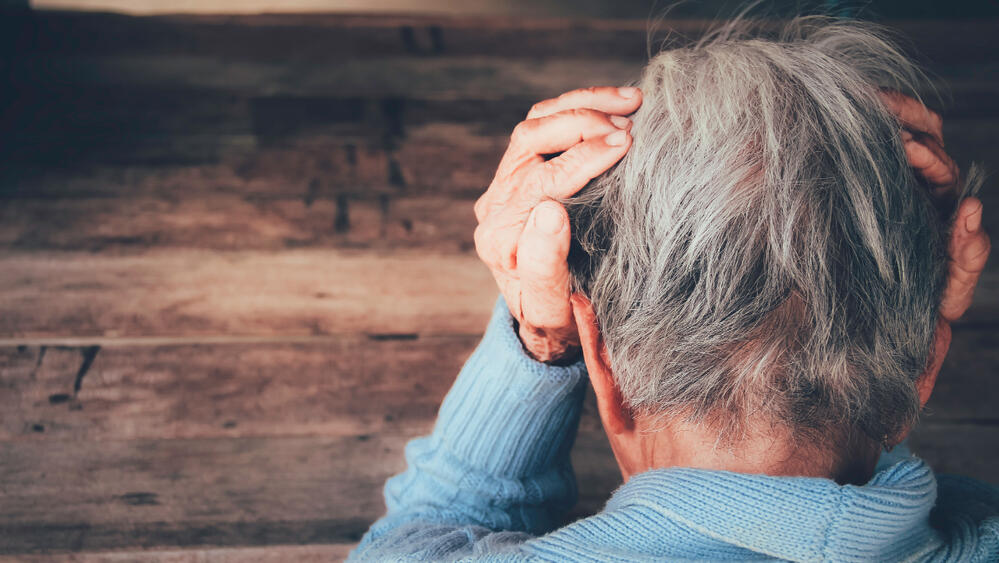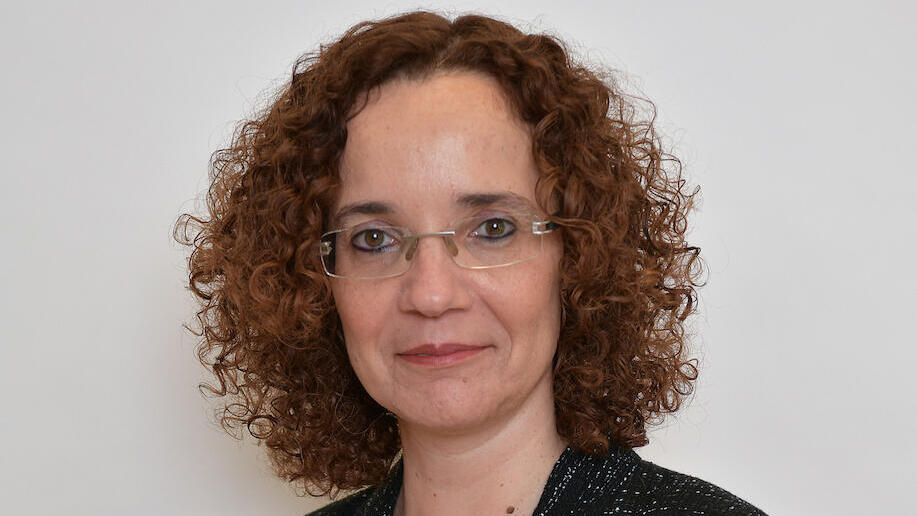Many relatives of Alzheimer's patients try to find ways to communicate with them and find it difficult to have deep and meaningful conversations as they once did before the onset of the disease. Now, one particularly interesting way that can allow for continued communication with patients is found in music.
Related Stories:
"Relatives learn to communicate with the patient through music," says Dr. Nati Blum, a social worker and head of the Israeli Alzheimer's Association. "Many times it’s impossible to communicate with patients, and it’s very frustrating, but as soon as they start to sing, something happens, almost like magic."
Michal Gringlick, a 27-year-old singer and songwriter from Tel Aviv discovered by chance that her grandmother Miriam, who suffers from the disease, responds and cooperates when she sings songs from the classic film The Sound of Music.
"In recent months her condition has deteriorated, and music is the only way to communicate with her," Gringlick said. "In the past, when I studied at the Hebrew University, I lived with her in Jerusalem, and we formed a deep connection. We used to sing songs from the film together since she was diagnosed.”
'Grandma always loved to sing'
Why did you sing these songs specifically?
"Both of us love the movie. In our family, we always joke that Maria’s character is our grandmother because both of them have the same name. Our grandmother was born in the U.S. as 'Maria', then converted to Judaism and changed her name to 'Miriam'.
We also sing Elvis Presley songs and songs from the 50s. Grandma always loved to sing, and she also played several musical instruments in her youth. She would always make harmony and melodies in family dinners, and she hated when someone sang off-key."
Gringlick’s grandmother’s disease has been worsening gradually to the point where she now struggles to recognize family members and is barely aware of her surroundings.
"It took some time before I realized I couldn't have a coherent conversation with her," she recounted.
"During our talks, she would repeat things over and over again. After coming to terms with the fact that my grandmother would no longer be the same, I started to pay attention to the positive impact that music had on her. I picked up my guitar, started playing and singing, and my grandmother simply started singing with me, like she used to.
Between songs, we laughed a lot, and for the first time, our conversations were a bit more fluid, and my grandmother was a bit sharper."
Were you surprised?
"I believe that music is a language, and sometimes it can be the clearest way for one to express themselves. Today, I can play my grandmother a sad song from the past, and she could cry because the words and sounds are familiar to her. She also responds accordingly to happy songs. I know that the disease won’t disappear, and that she’ll forget even more, but I have learned to live with it.
“I’ve also learned that I shouldn’t focus only on Alzheimer’s. What’s important is the choice to live in the present and deal with what life brings, and help with whatever we can as caregivers.”
Ram Houri, a 30-year-old musician from Givat Shmuel, also resonated with Gringlick's story and has a grandmother, Susan Levi, who is dealing with Alzheimer's at 80 years old.
'Every family activity involves music'
"When the illness first started, she used to ignore it when she caught herself repeating things," he recalled. "She even had a set phrase: 'Yes, I remember, but leave me alone.' At some point, we realized that there was a problem with grandma. I understood the connection I had with her was lost. Only old song lyrics that she loves remain."
She loves to sing Kalaniot by Shoshana Damari. "It's a song I wasn’t familiar with," Houri admitted, "and during one of my visits, I suddenly heard her singing. At first, I thought she was trying to say something, but then I realized it was a song. I saw how it affected her and I was amazed at the fact you could communicate with her through music."
"She always loved music and loves it even more so today. I see the strength she gets from music. She’s more relaxed, and happier. When we have a Shabbat dinner, for example, and start singing, she immediately gets up and begins clapping with strength we haven't seen in her since the disease broke out,” he said.
“Since we realized this, every family activity now involves music, even a trip to the park. On one of these trips, I heard her sing Kalaniot and suddenly she was the same grandmother I’d known for a few seconds, asking us questions and looking focused and sharp. It turns out that music makes her happy. It's sad to see her as her condition deteriorates, but with music, things look and sound different."
Dr. Ayelet Dassa, a senior lecturer at Bar Ilan University’s Music Therapy program, has known for years that music can be a means of connecting with people dealing with dementia.
"Studies indicate that the ability to respond to music is preserved even in advanced stages of the disease, and that a person with dementia can respond to music, enjoy it, and even participate in singing," she explained.
"The songs help awaken preserved memories and encourage the person to engage in conversation. Shared singing helps us create a connection with the person and feel a sense of connection. As part of the Israeli Alzheimer's Association, we conduct various projects for people with dementia and their families that incorporate music.
The goal is to show that people suffering from dementia have a whole world inside of them, one that also includes music.”
"Singing can improve the quality of life of people who have difficulty speaking and functioning. It can lower any protesting and help in calming down. Anxiety levels decrease, as do suspicion and tension-inducing situations, and cooperation increases. The results are very significant,” Dassa said.
“Sometimes magic happens: a person who doesn't respond can hear a song and immediately get up. The songs don’t heal their condition, but the emotional connection with the song stops the decline and develops conversation around it. What’s important isn’t being on-key, it’s about making a connection.”





